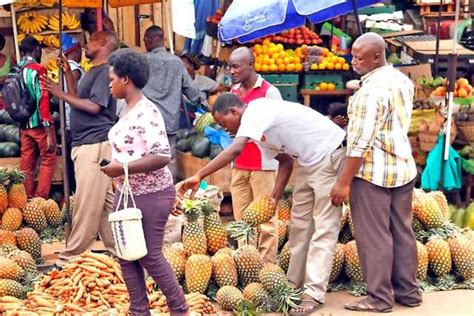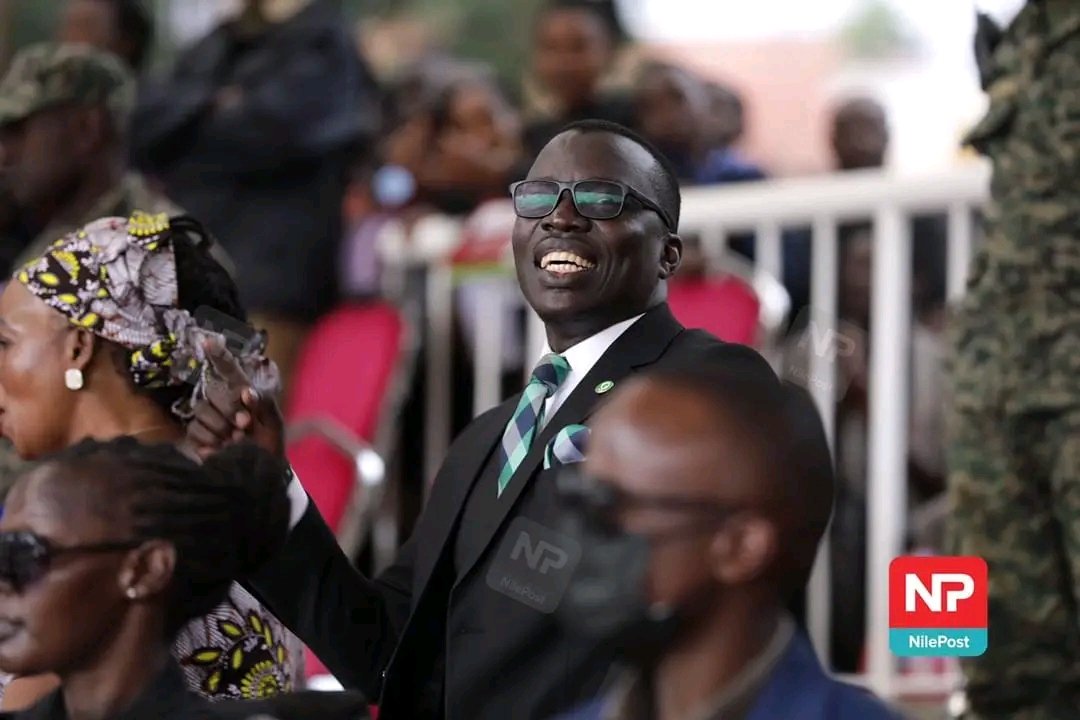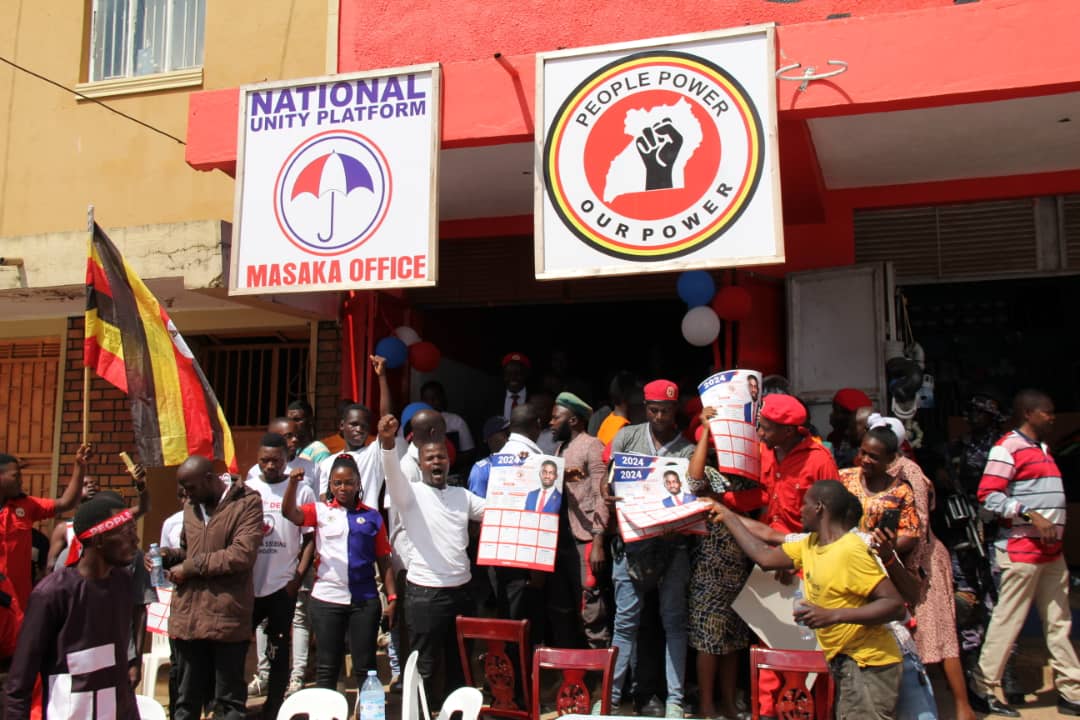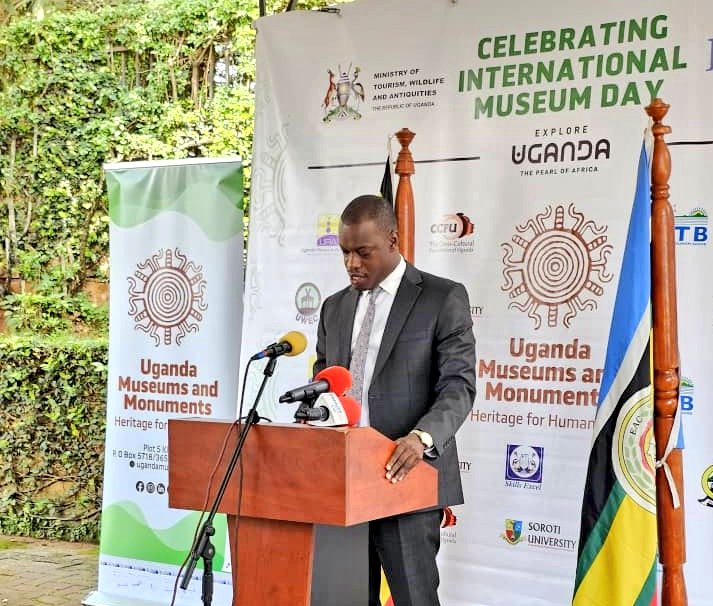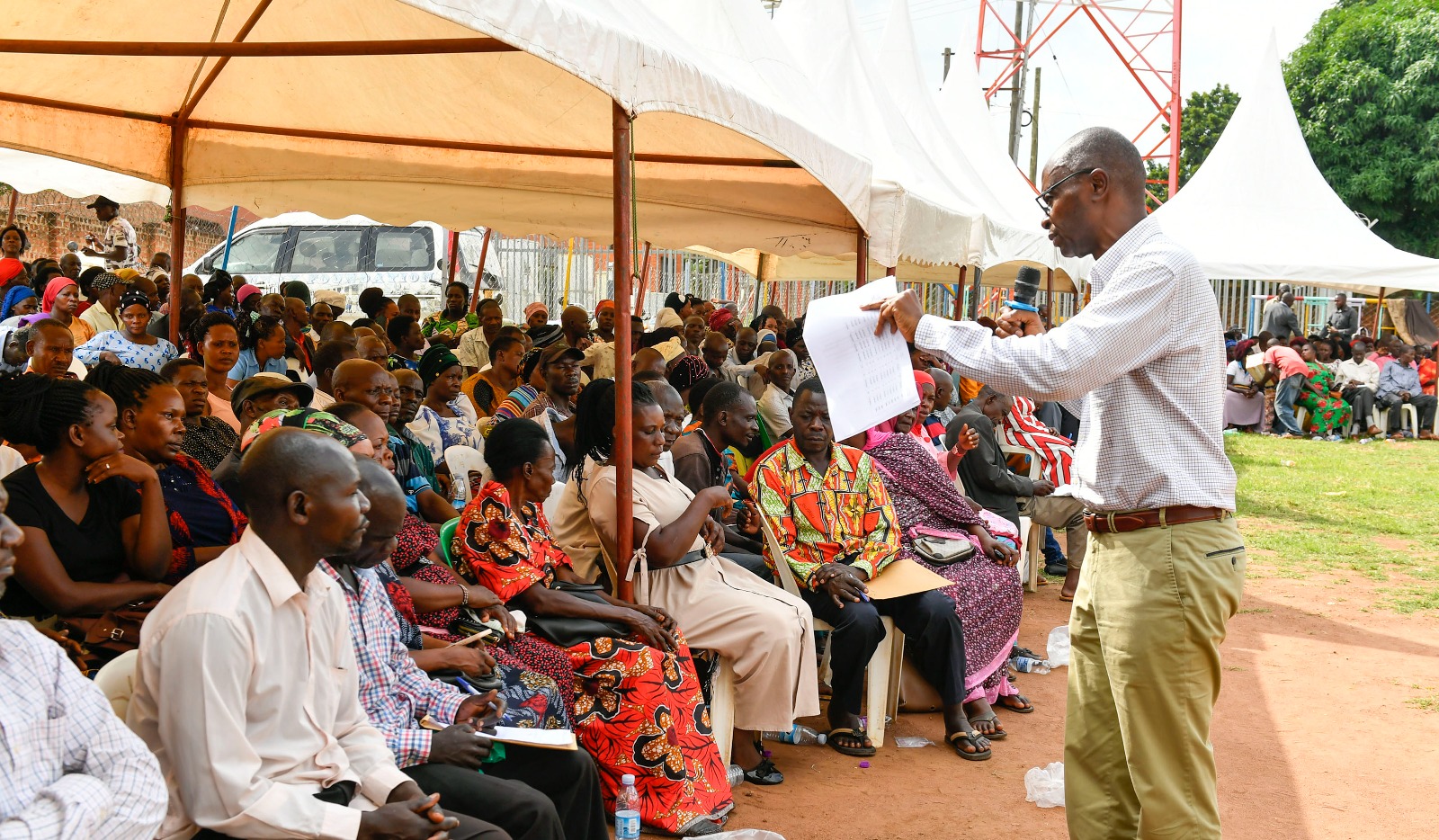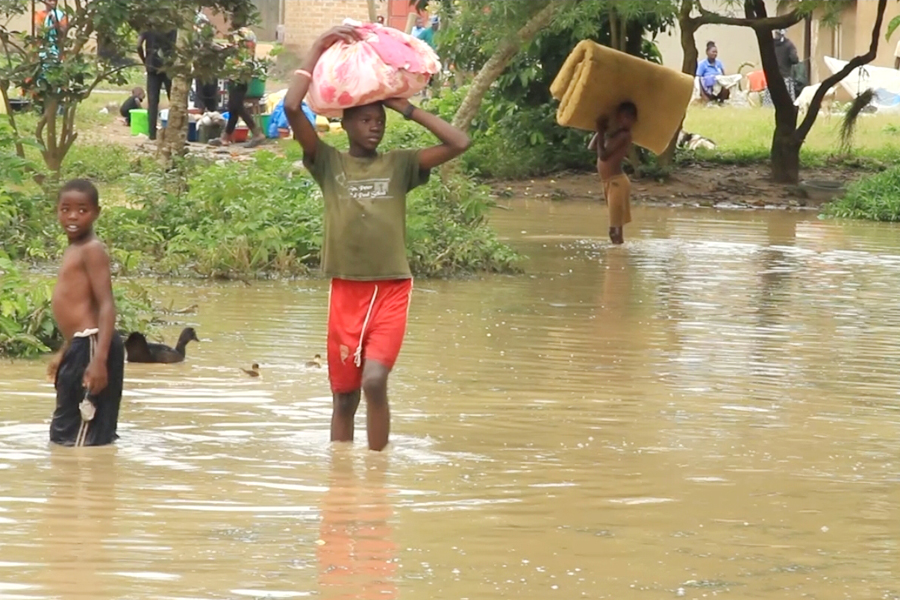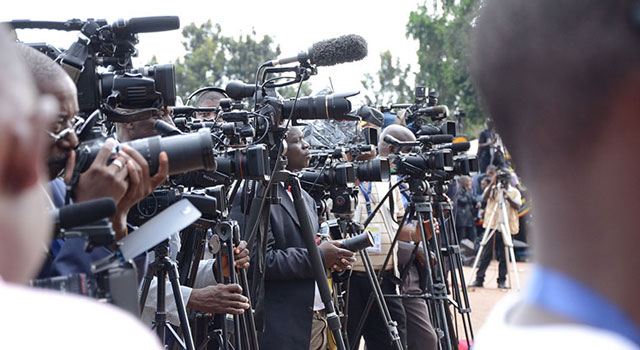EACOP is not a good deal for Ugandans
Since the European parliament passed a resolution to deter EACOP, a lot has been said by the government, politicians, activists, and the general public.
Government officials have resurrected the struggle for Africa’s independence sentiments, slogans and all sorts of words that can turn Africans against Europe. Almost everyone connected to the first family has joined the chorus to defend EACOP.
Keep Reading
Government officials who are vehemently against the resolution are already beneficiaries of EACOP and fear losing their businesses. On the other hand politicians from other parties have exposed themselves that they have not followed EACOP which explains their uncoordinated views on the resolution. The media has also not done justice to the public, instead of hosting people who have been following this project for at least 10 years, they are inviting Rwomushana and his likes to discuss serious issues!
Some of us who support the resolution have been accused of being foreign agents. The government has created a narrative that it is Europe against the EACOP which is not true. Ugandans have been opposing this project and other dubious projects like the Bugoma giveaway for many years. Was it Europeans who stopped the Mabira forest giveaway? The European Parliament took a step after Ugandans raised concerns since they could not get help from Ugandan authorities.
The EACOP project is not a good deal for Ugandans and the entire ecosystem.
Uganda’s oil agreements do not comply with the Ugandan law and legal framework. Contrary to the laws of Uganda, the Production Sharing Agreements (PSAs) and the EACOP oil agreements are secretly kept. They have never been published anywhere in Uganda, despite repeated requests by various actors.
The agreement problem is compounded by the fact that a one-time Minister of Finance, Ms Saida Bbumba confessed to signing some of them without prior reading.
Article 245 of the Constitution of Uganda and the National Environment Management act, provide for the protection and preservation of the environment from abuse, pollution and degradation and for the restoration of derelict lands.
The Albertine graben is one of the regions in Africa that is richly endowed with different wildlife species.
The extraction of oil in this area will have an unquestionable ecological impact on this ecosystem. Particularly, there is a potential loss of forest cover including Budongo Tropical Forest Reserve. It is an estimated disruption of 2000 square kilometres of wildlife habitats, bird habitats, water systems, etc, yet little or no planning at all has gone into a program of restoration of biodiversity in the region that will be destroyed as a result of oil extraction.
Section 27 of the Wild Life Act provides for the purpose of the Act to include inter- alia; to preserve populations of rare, endemic and endangered species of wild plants and animals;
Speculators targeting land compensation are instead engaged in land grabbing. In the process, families have been evicted and pushed into refugee settlements and makeshift encroachments in protected areas of forests and wildlife parks.
The Environmental Social Impact Assessment (ESIA) Report of EACOP is inaccessible leaving free space to TOTAL and CNOOC to focus on maximization of profit and other corporate interests at the expense of corporate responsibility to the people and communities affected by ECOP.
Mugerwa Tim is an Environment and Climate Activist.



